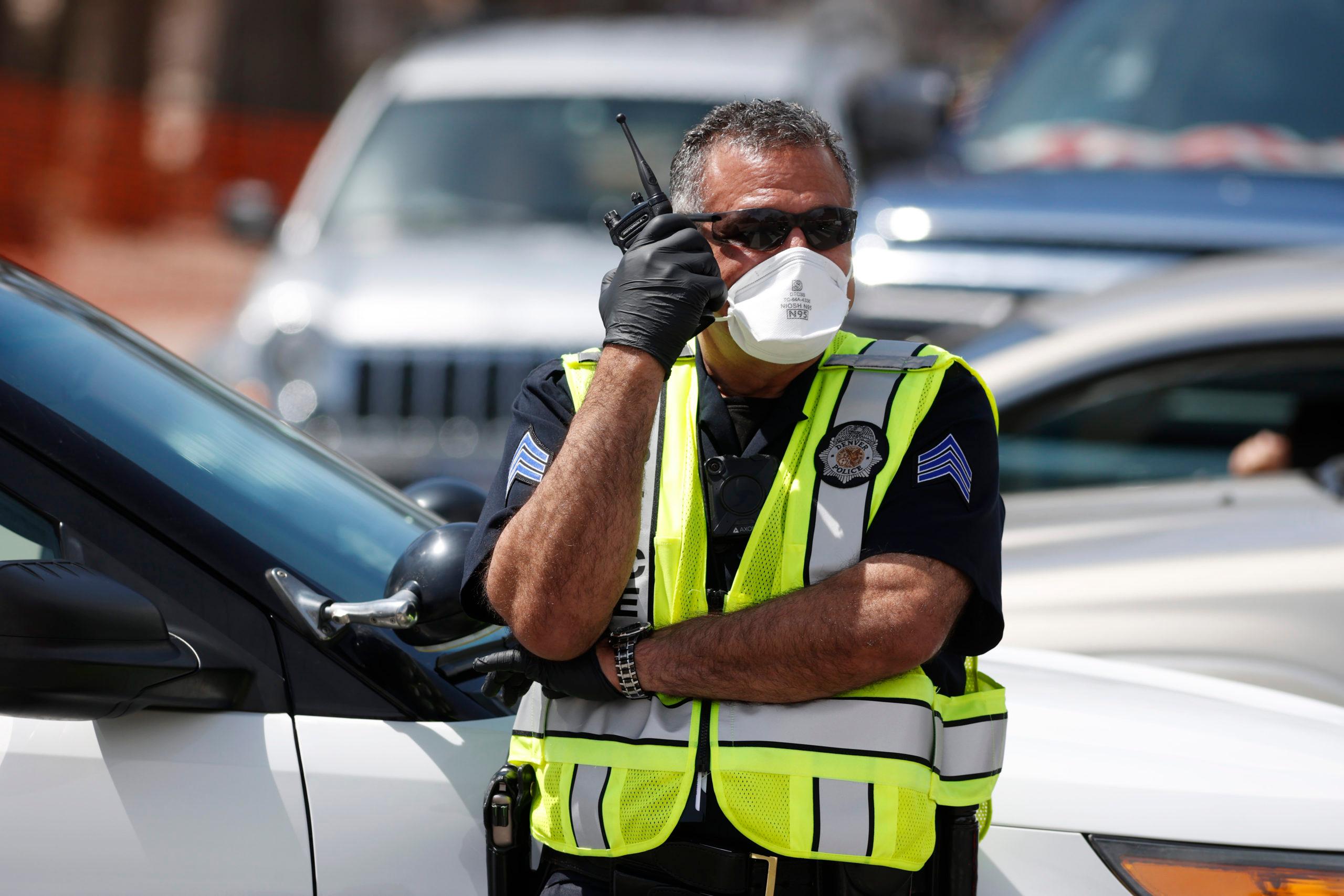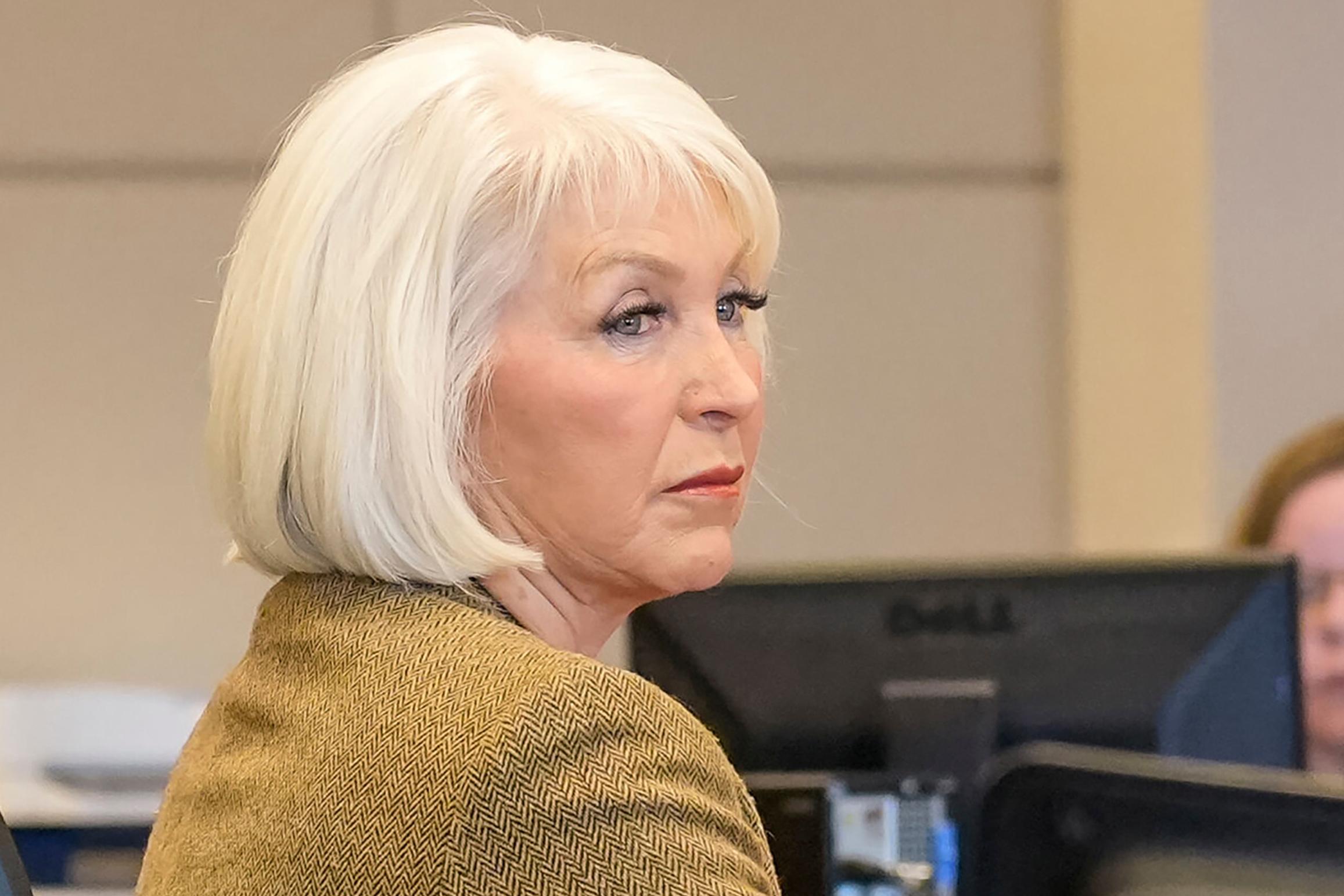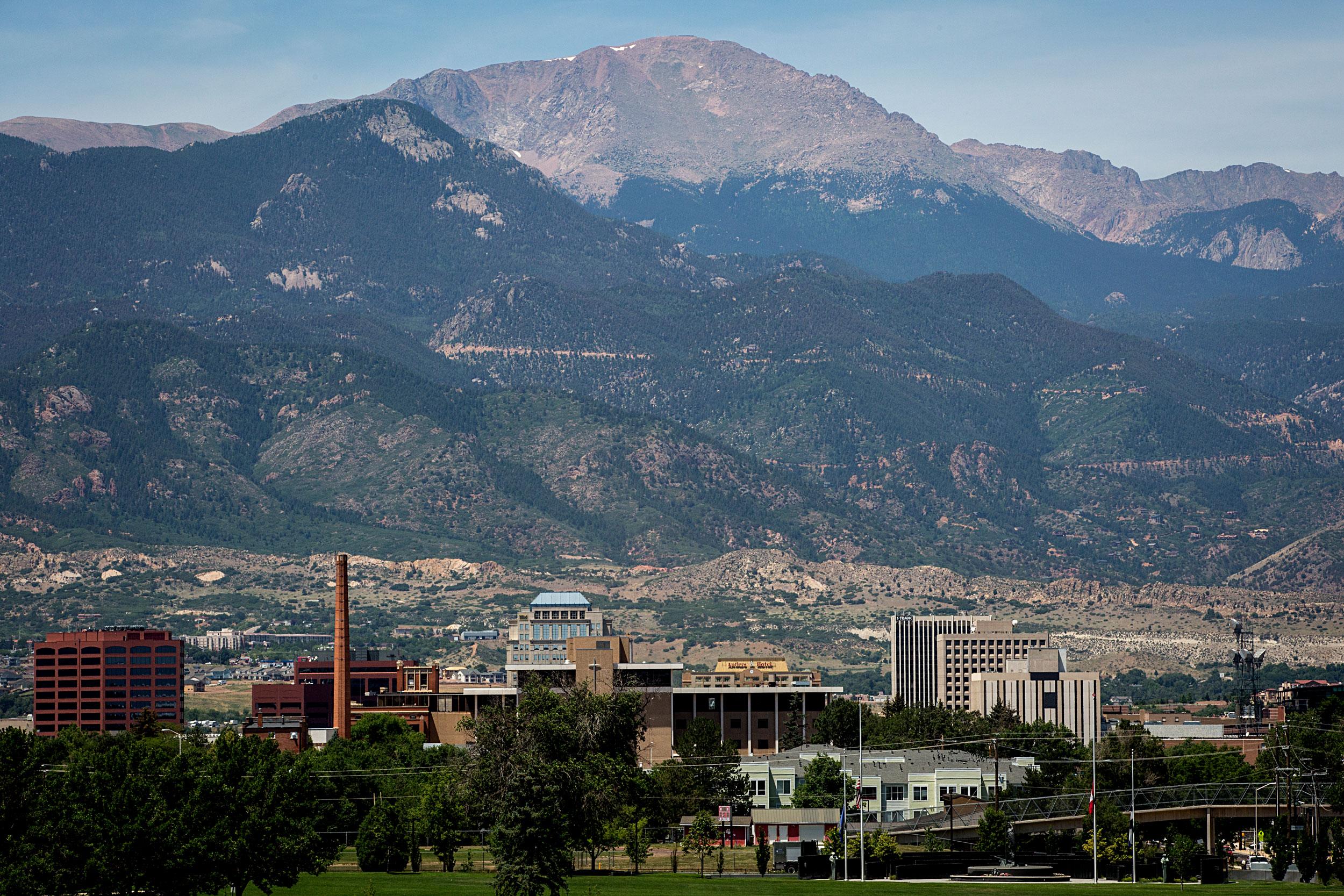
One man purposely coughed at a clerk at a Vail grocery store after being asked to stand 6-feet away. Another man wore a ski mask, but one that didn’t cover his mouth, to hold up a convenience store in Grand Junction. Another was arrested in Boulder County for domestic violence, during which he spit at a cop and told him he had COVID-19. In Fort Collins, the owner of a smoke shop who refused to close it after multiple warnings was finally arrested.
Welcome to life in law enforcement amid a global pandemic.
Across the state, district attorneys are weighing how to handle violations of the state’s public health order.
Though statewide data doesn’t yet exist on individual citations for violating state and counties’ stay home orders, the majority of Colorado’s 22 prosecutors say they wouldn’t file a criminal charge solely on someone being out when they’re not supposed to.
Police departments and sheriffs across the state are mostly seeking “voluntary” or “educational” compliance to those violations.
Out of more than 1,000 complaints, Denver Police report 100 percent voluntary compliance among individuals given warnings, though a handful of businesses have been cited for violations, like keeping patios open.
On the Western Slope, Grand Junction police wanted to charge some college students after they held a large house party, but the area’s chief prosecutor told them no.
But district attorneys say they will add public health order violations to other criminal charges — like burglaries, domestic violence and traffic stops.
“I think that’s appropriate and I say that because this crisis should bring out the very best in all of us,” said Michael Dougherty, the Boulder district attorney, who has filed charges of violating the public health order against five people so far, including the man arrested on domestic violence charges who spit at officers and claimed he was infected. “There are some people who take advantage of those circumstances to commit criminal offenses.”
George Brauchler, district attorney for Douglas and Arapahoe counties, agreed. He’s seen sheriffs’ deputies tack public health order violations on to drunk driving charges.
“It would bother me quite a bit if, in addition to driving drunk, people are doing it at a time you’re not supposed to be out at all,” Brauchler said. “I don’t know what I end up doing with that.”
In Grand Junction, prosecutor Dan Rubinstein had already instructed the three police departments and one sheriff’s office in his jurisdiction to not cite people for the violation, mostly because he is trying to reduce numbers in the county jail.
But he did add the charge to a list of others on a man who allegedly held up a convenience store at gunpoint wearing a ski mask that didn’t cover his mouth.
“This is a time the rest of the world is worried about their jobs, worried about their health, worried about their safety,” Rubinstein said. “And this gentleman was seizing the opportunity to victimize the community.”
There is a lag on statewide crime data reports, but police and sheriffs anecdotally say that crime in the first few weeks of the stay at home order was down, though some departments, notably Colorado Springs and Aurora, have reported a steep increase in calls on domestic violence.
“We have 12 cases this morning and they’re all DV,” said Doug Wilson on Monday, chief public defender for the city of Aurora. “We’ve seen a dramatic increase — particularly among female clients.”
Colorado’s Auto Theft Prevention Authority also reports car thefts have jumped since the stay at home order started. There were 211 auto thefts the week of March 8 and 337 the week of April 12.
Commander Mike Greenwell of the Metro Auto Theft Task Force said a lot of people stealing cars have lost homes in the economic downturn and need a car to live in.
“More people who don’t have jobs and are looking for ways to make money,” Greenwell said, in an email. “And the fact that law enforcement is not able to jail suspects arrested for motor vehicle theft and the criminals have caught on to this.”
Summit County prosecutor Bruce Brown has declined to prosecute violations of the public health order when police have tried to add it to other non-related criminal activity, like a guy who was drunk and shooting a gun into the air.
Brown recently filed health violation charges against a man who loudly questioned the authenticity of the public health crisis at a grocery store. He refused to maintain social distance from other customers and then started coughing on purpose onto a grocery employee checking people and onto food. It all scared the clerk, who has pre-existing health conditions, according to the police report.
“We’re not going to prosecute our way out of a pandemic,” Brown said. “However, egregious behavior is going to be prosecuted.”
Jonah Ricke, 32, owns One Love, a smoke shop in Fort Collins. Ricke didn’t close his shop when non-essential businesses were ordered closed last month. Several county officials tried to get him to voluntarily shutter his doors but he refused and was eventually arrested and issued a misdemeanor summons.
Ricke didn’t return calls to CPR News for comment. He told the Coloradoan earlier this month that he didn’t agree with the fact pot shops were still open, yet his business was ordered closed.
The voicemail box at One Love was full on Monday.









